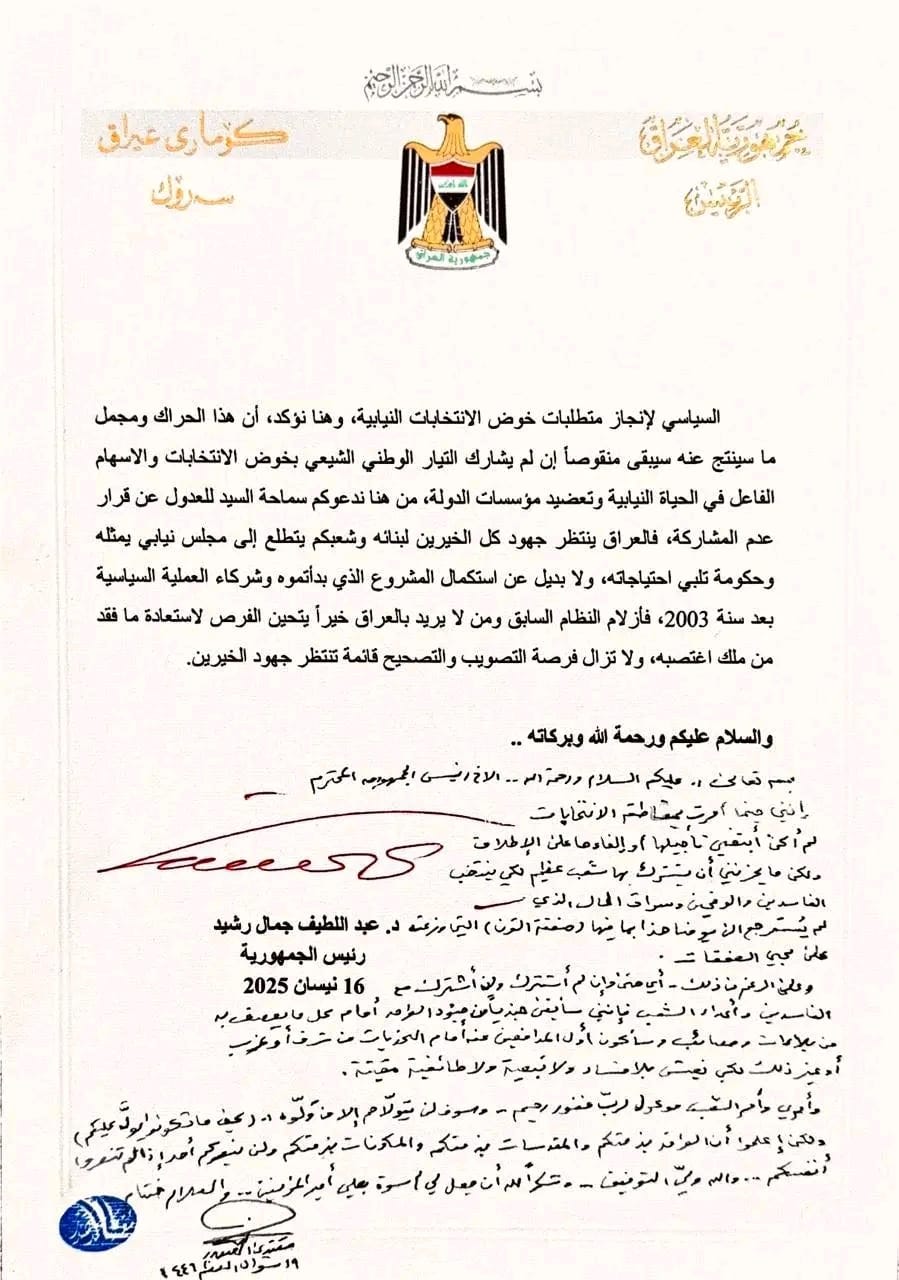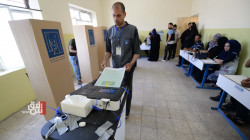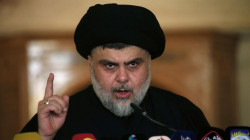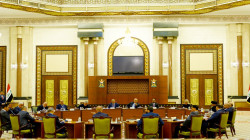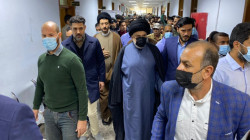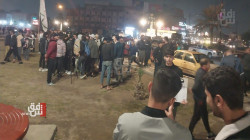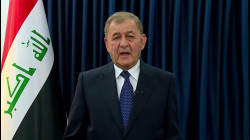Despite the President’s appeal, Al-Sadr rejects election return
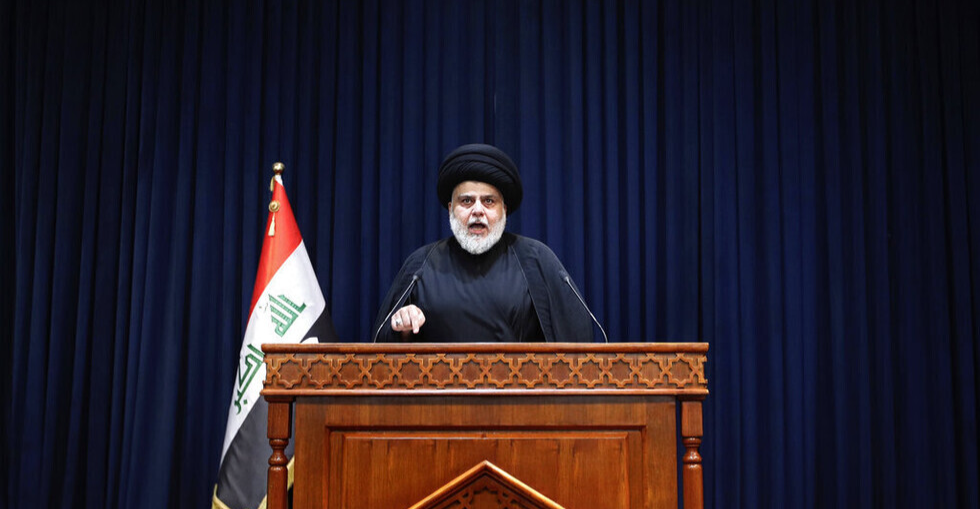
Despite the President’s appeal, Al-Sadr rejects election return
Shafaq News / The head of the Patriotic Shiite Movement (PSM), Muqtada al-Sadr, on Saturday firmly rejected reconsidering his decision to boycott the upcoming parliamentary elections.
Al-Sadr’s statement comes after President Abdul Latif Rashid issued a public letter urging the influential leader to reverse course and rejoin Iraq’s political arena ahead of the November 11, 2025, elections.
In his response, Al-Sadr clarified that his election boycott was never intended to delay or cancel the vote, but rather to stand against a system that consistently recycles what he called “corrupt and shameless” figures.
“When I ordered the election boycott, it was not to postpone or abolish them,” Al-Sadr wrote. “But it saddens me deeply that a great people might vote for the corrupt, the shameless, and the thieves of public funds—including those involved in the 'Deal of the Century,' which has yet to be resolved.”
Despite his continued political withdrawal, Al-Sadr reaffirmed his commitment to Iraq’s well-being, describing himself as a soldier who will remain on the front lines in defense of the nation.
“Even if I do not participate—and will never participate—with the corrupt or those who disregard the people's voice, I will always remain one of Iraq’s soldiers,” he said. “I will be the first to defend it with honor and dignity against calamities, so we may live free of corruption, dependency, and vile sectarianism.”
Al-Sadr concluded by placing Iraq’s fate “in the hands of the Merciful God,” while reminding current leaders of their responsibilities, “Iraq is in your care, its people and components are your responsibility. No one will aid you if you do not help yourselves.”
Al-Sadr’s political exit in June 2022 included the resignation of all 73 Sadrist lawmakers—a dramatic move that reshaped the balance of power in Parliament. Since then, Al-Sadr has distanced himself from formal political engagement while continuing to influence Iraq’s public discourse through social, religious, and nationalist platforms.
